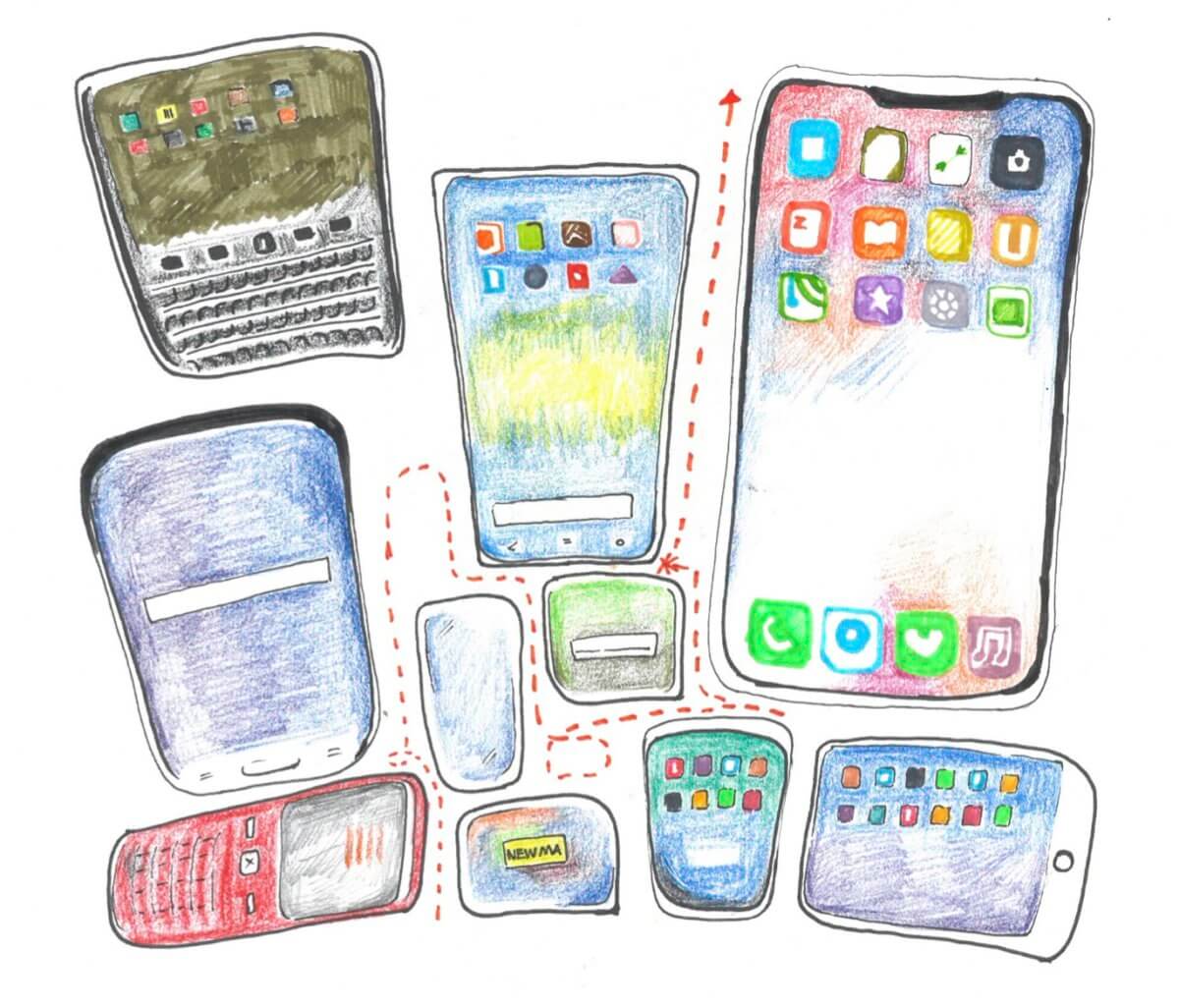The hardest part of starting full-time study wasn’t what I had imagined. It wasn’t the
labyrinthine enrolment system, nor the enormous campus, or even the difficulty of
trying to parse Brian Schmidt’s (glorious) American accent. Instead, the most
confronting challenge of the past two weeks has been trying to stay focused on study
– in other words, ignoring my phone.
I purchased a Google Pixel phone for an astonishing amount of money last year, and
the truth is, I love it (I even named it Arty). Though I would never give him up, I’m
also quietly aware that Arty comes with strings attached. The sad truth is that Google
giveth and thus Google must taketh away – and they don’t just take my money, they
also take my time.
It’s incredibly difficult not to glance at your phone for an hour. Try it, I dare you (I’m
scrolling while writing this). Its addictive quality isn’t an accident – modern
smartphones are designed to engage you. But there’s problem: they’re built to keep
you busy, not to help you.
Despite their many uses, we cannot ignore the fact that our phones distract us. The
question then becomes ‘What do they distract us from?’ The answer, in many cases,
is ourselves. Ideally, a good student would feel completely comfortable alone in a
room with nothing but their thoughts. They would be free to think, to question, to
create – this space of intentional boredom is where some of the best creative ideas
are born.
But our phones are often the enemies of such experiences. ‘Addiction’ is a scary
word, but it just describes a very normal impulse; running away from the joys, and
terrors, of productivity. Our phones give us a way out of our heads: they intrude, they
buzz, and they alert. Alone with my thoughts, I may be on the edge of a creative
breakthrough, but Arty is beeping in my back pocket. I might be powering through an
essay; Arty is receiving updates for a free-to- play game. I’m writing an article for
Woroni; oh, excuse me, I have three Very Important Messages.
The nasty trick of mobile phones is the way they twist our priorities. They refuse to
make any distinction between our needs and passing distractions, treating human
and non-human notifications the same. The update of an app you haven’t used in
twenty-two days makes precisely the same sound – and feels just as important – as
the three missed calls from your mother.
A healthier relationship with our phones is something we all need. So, for the sake of
my sanity and study alike, I turned off all non-human notifications on my phone.
Immediately, lectures were easier to sit through.
As much as Arty tries to distract me, I must admit he’s also an incredible tool – group chats for my degrees have saved me on multiple occasions, and I’m convinced that the online textbook exchange is the greatest thing ever. Thanks to Arty, at any moment I can look up the population of Abkhazia (240,000), see occurrences in politics (Goodbye Barnaby Joyce) or find the author of the fascinating line ‘Kisses are a better fate than wisdom’ (E.E. Cummings).
When he’s not bombarding me with notifications, Arty can be great at helping me make and share creative work – I can take amazing pictures with his camera, take notes about anything at any time, and even work on projects on my computer with the Adobe Creative Cloud. Finally, it’s through Arty that I run my Instagram account, sending work to almost a thousand people every day, and a million potential friends beyond that. In many ways, Arty gives me access to the world.
Our phones are amazingly sophisticated and personalised devices: wonders of
design and science working alongside capitalism to create the perfect attention trap.
In some ways, they are more necessary to our daily lives than our television sets,
our skill with numbers (calculators do the work for us), or even our sense of smell.
Yet they are undeniably primitive in comparison with the intellectual and emotional
depth that can arise from a conversation with a real person.
Our phones may give us a map of the streets of Berlin, but they cannot provide us
with an explanation of what our partner might be feeling. Arty will help me follow ten
news outlets at once, but he could never tell me, fifteen YouTube videos deep at two
a.m., that it might be a good time to go to bed. That kind of insight can only come
from another person – a person you're most likely to find studying with you at
university.
So feel free every once in a while to actually turn your phone off and turn to the
person next to you. Ask them the kinds of questions your phone could never answer,
and I promise you won’t regret it.
We acknowledge the Ngunnawal and Ngambri people, who are the Traditional Custodians of the land on which Woroni, Woroni Radio and Woroni TV are created, edited, published, printed and distributed. We pay our respects to Elders past and present. We acknowledge that the name Woroni was taken from the Wadi Wadi Nation without permission, and we are striving to do better for future reconciliation.
